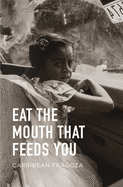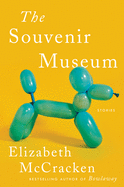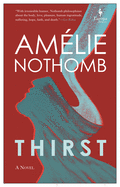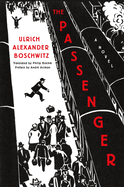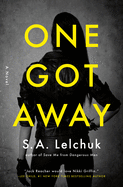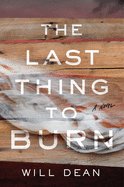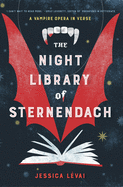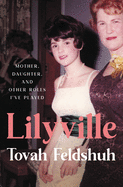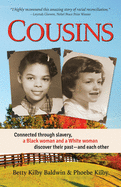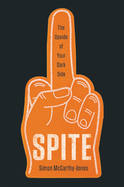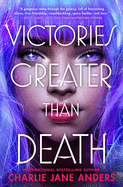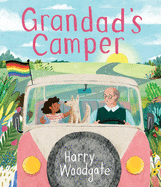A Return to the Land
 |
|
| Natalie Baszile | |
As Earth Day approaches and the soil begins to bring forth its riches, Natalie Baszile's We Are Each Other's Harvest: Celebrating African American Farmers, Land, and Legacy (Amistad, $29.99) calls to mind the complex relationship humans--especially African Americans--have with the land.
Baszile's collection of essays, poems and family histories pay homage to the Black farmers who tilled North American earth, first under enslavement and then as free people. The testimonials in these pages describe the many challenges they have faced and continue to face--many posed by the USDA and other government practices--but also the community they've formed, guiding each other, lifting each other up. 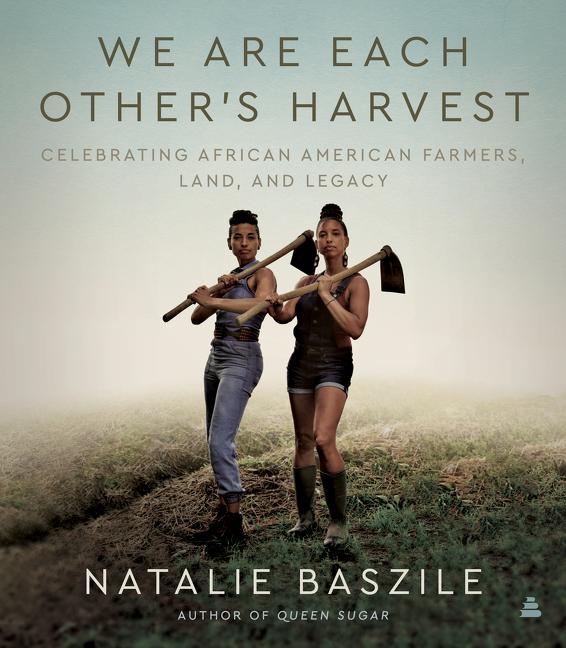 Kamal Bell founded Sankofa Farms in Cedar Grove, N.C., to "give back to my people"--squash, cowpeas and watermelon as well as beekeeping. Marvin Frink views raising his Black Angus cattle in Red Springs, N.C., as a way of healing from and helping others to heal from PTSD. Brenae Royal gains satisfaction from harvesting grapes in the Monte Rosso vineyards of California. Leah Penniman sees working Soul Fire Farm, in New York State, as activism: teaching others to grow food, feeding the community and honoring the ancestors who brought seeds braided into their hair across the Middle Passage.
Kamal Bell founded Sankofa Farms in Cedar Grove, N.C., to "give back to my people"--squash, cowpeas and watermelon as well as beekeeping. Marvin Frink views raising his Black Angus cattle in Red Springs, N.C., as a way of healing from and helping others to heal from PTSD. Brenae Royal gains satisfaction from harvesting grapes in the Monte Rosso vineyards of California. Leah Penniman sees working Soul Fire Farm, in New York State, as activism: teaching others to grow food, feeding the community and honoring the ancestors who brought seeds braided into their hair across the Middle Passage.
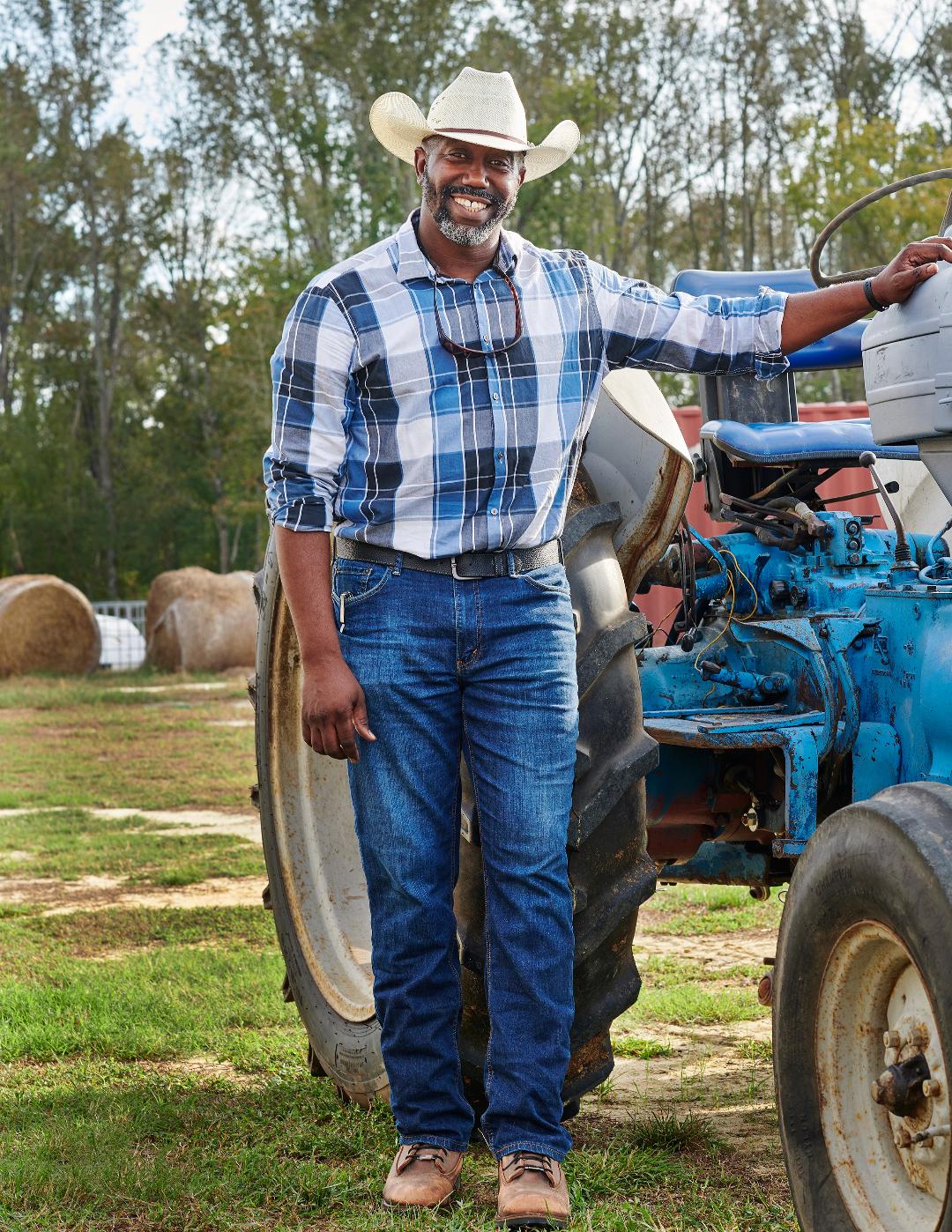 |
|
| Marvin Frank, a retired special forces vet-turned-farmer. (photo: Alison Gootee) | |
Braszile brings a personal passion for her theme. She explains how she chose sugar farming for her novel Queen Sugar (now a series on OWN) and the years she spent not only researching but also participating in its farming and harvest. Her stories describe generations of farming practices, and Alison Gootee's full-color photographs depict the majesty of the land and the people who tend it. The healing words of Native American poet Joy Harjo's "Remember" (included in the book) remind us that humans, made of the earth, return to the earth: "Remember the earth whose skin you are: red earth, black earth, yellow earth, white earth/ brown earth, we are earth." --Jennifer M. Brown, senior editor, Shelf Awareness





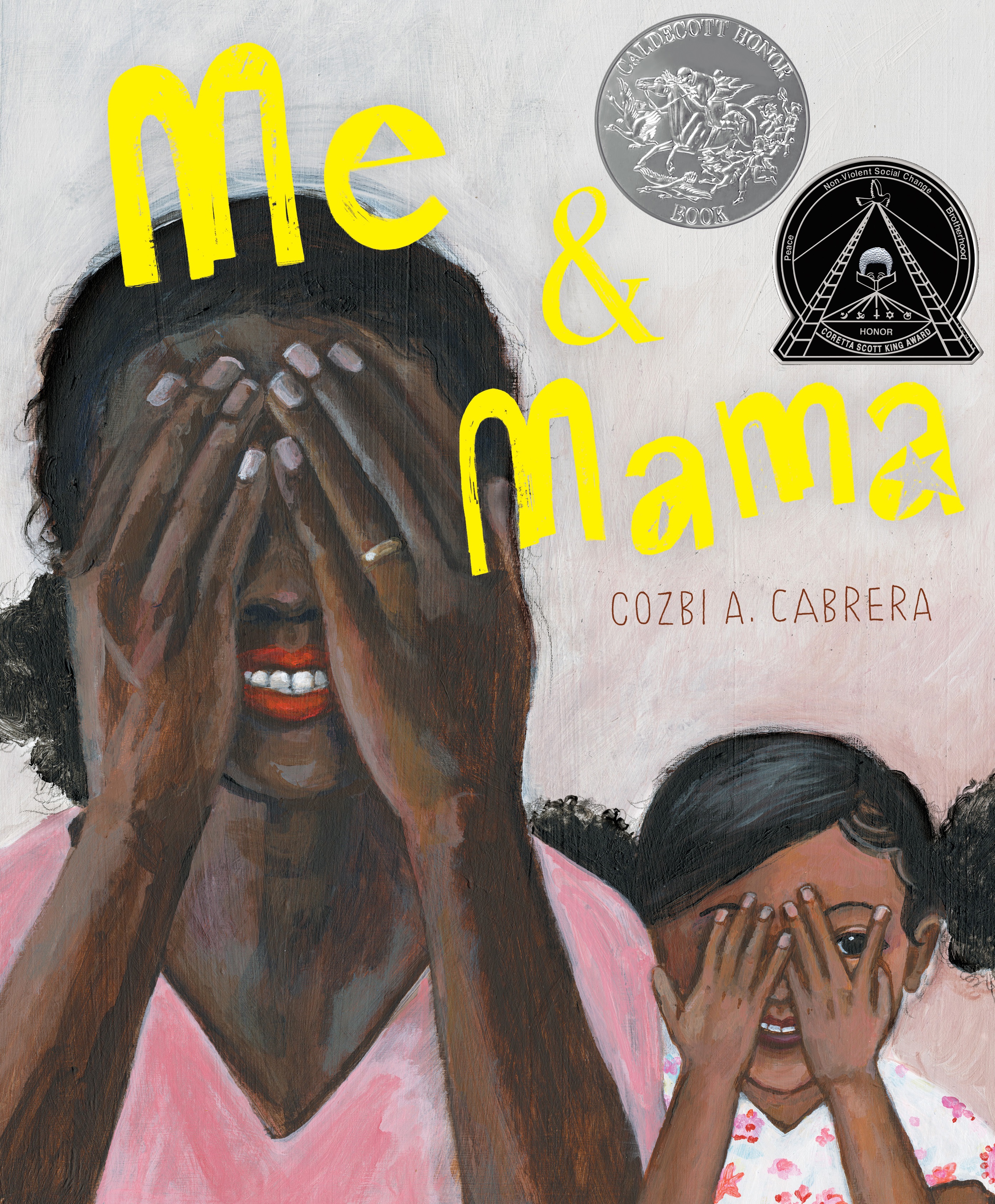
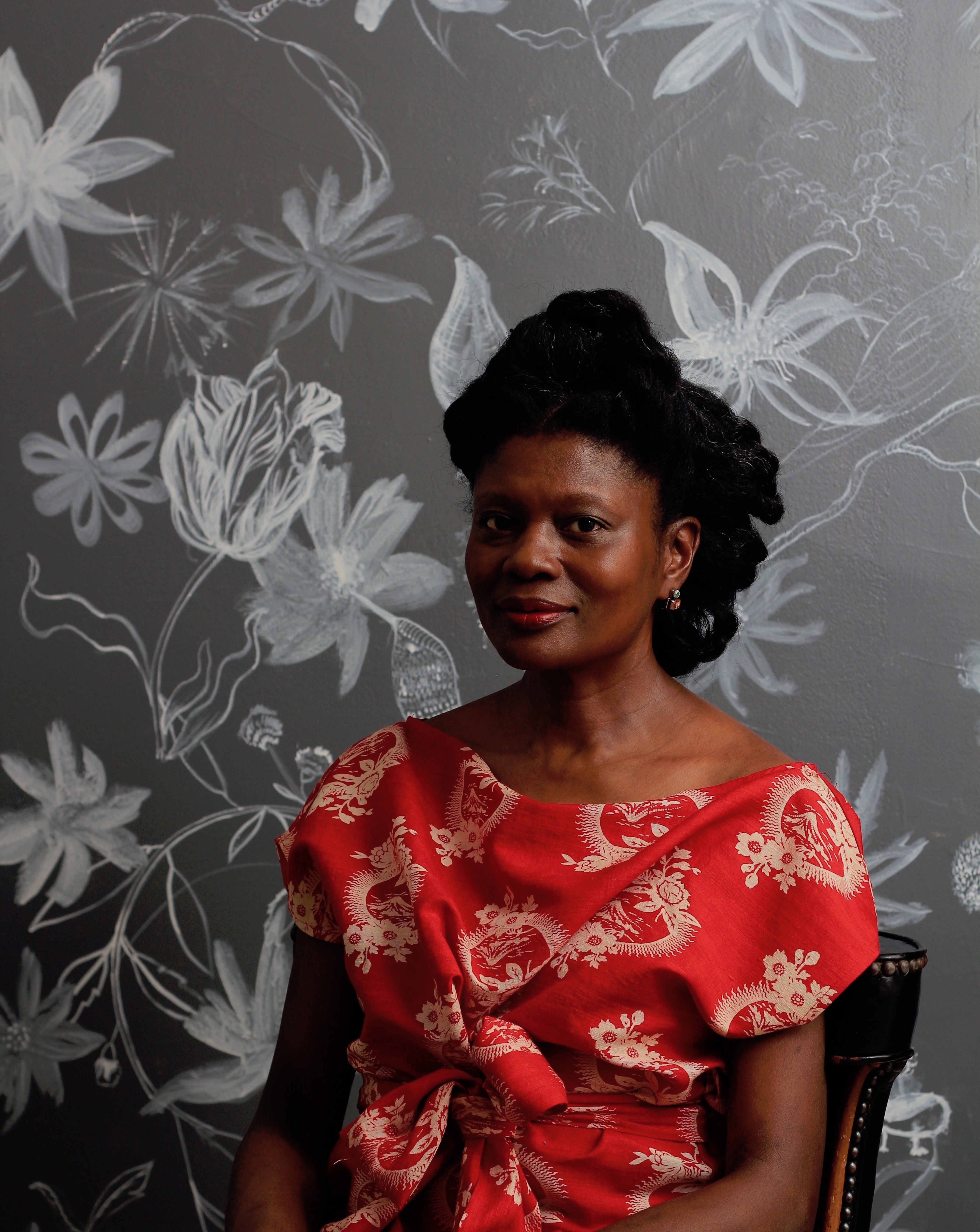
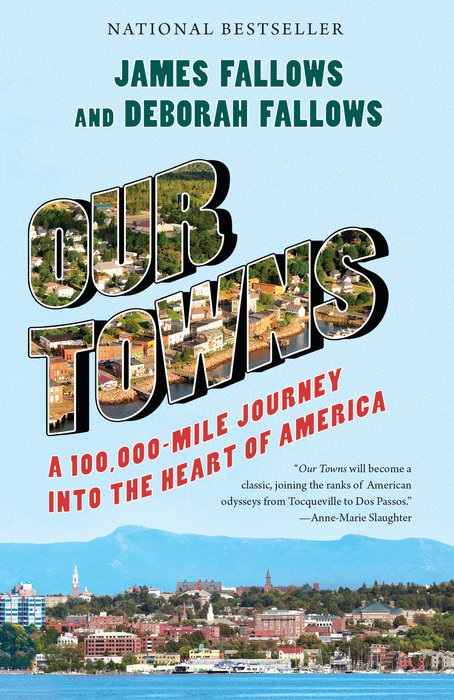 In 2013, journalist James Fallows and his wife, Deborah, began an audacious odyssey: to travel, via single-prop airplane, to American small towns and cities often overlooked in the national conversation, places normally reported on in the context of visiting politicians or disasters. What the Fallowses discovered was a small-town America more vital than they expected, where local problems were being solved with creative thinking and people were less divided than national politics would suggest. But many of these places, from Sioux Falls, South Dakota, to Dodge City, Kansas, also faced the acute crisis of the opiate epidemic and the chronic problem of racial injustice. After five years of traveling, the Fallowses wrote Our Towns: A 100,000-Mile Journey into the Heart of America, published in 2018.
In 2013, journalist James Fallows and his wife, Deborah, began an audacious odyssey: to travel, via single-prop airplane, to American small towns and cities often overlooked in the national conversation, places normally reported on in the context of visiting politicians or disasters. What the Fallowses discovered was a small-town America more vital than they expected, where local problems were being solved with creative thinking and people were less divided than national politics would suggest. But many of these places, from Sioux Falls, South Dakota, to Dodge City, Kansas, also faced the acute crisis of the opiate epidemic and the chronic problem of racial injustice. After five years of traveling, the Fallowses wrote Our Towns: A 100,000-Mile Journey into the Heart of America, published in 2018.